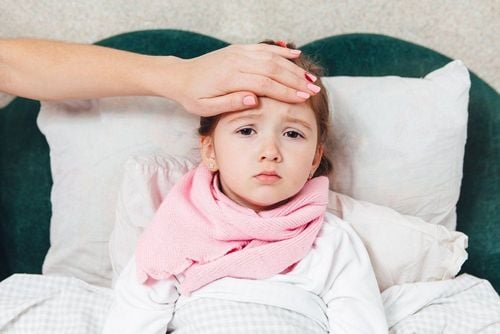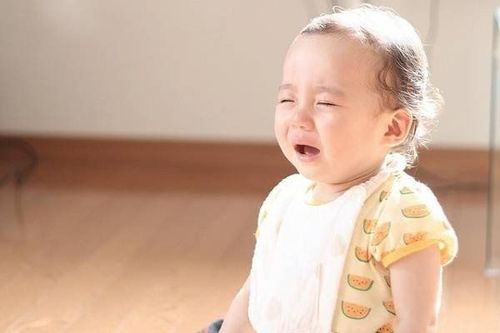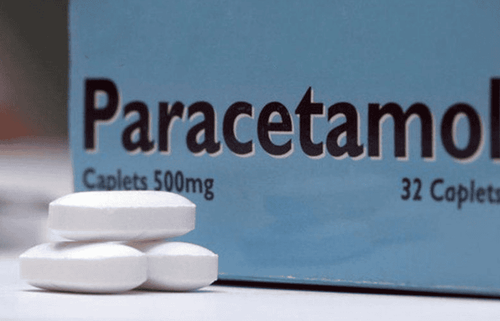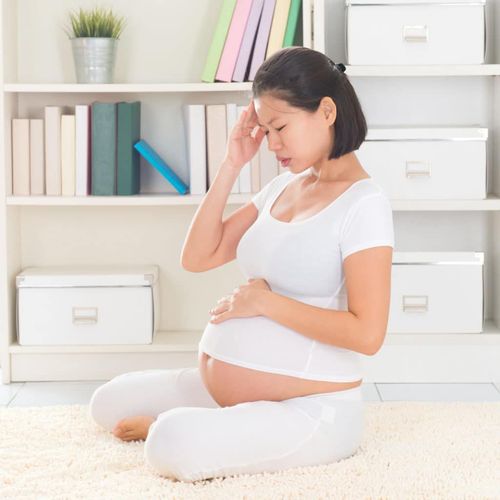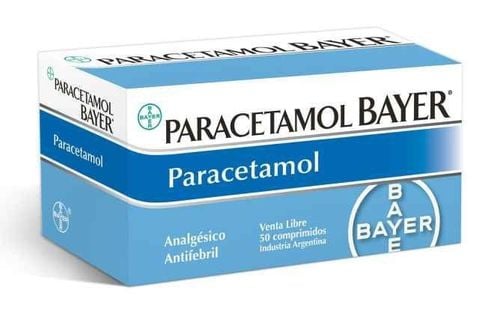This is an automatically translated article.
When a child has a fever, many parents wonder what they should and shouldn't do with their children? Or do you need to fast for your child? Especially the issue "Can children with viral fever take a bath?" This is a question asked by many parents to take better care of their children.1. Find out the status of viral fever in young children
The signs of viral fever in children are often quite similar to common diseases, so parents need to pay attention to effective treatment.
High fever: This is a common manifestation in cases of viral fever, usually from 38-39 degrees Celsius, even 40-41 degrees Celsius. When the fever is lowered, the child is awake and playing normally. Body aches: children may have headaches, muscle fatigue, lethargy, and crying. Headache: In some cases, the child may have a headache but still be awake. Respiratory tract inflammation: Symptoms of respiratory tract inflammation such as cough, runny nose, sneezing, throat may be red... Gastrointestinal disorders: Usually appear early if the cause of fever is caused by a gastrointestinal virus. Gastrointestinal tract, which can also appear later than a few days after fever, is characterized by loose stools, without blood or mucus. Rash: Some children present with a rash, localized to the face, extremities or body. Usually appears 2-3 days after the fever, when the rash appears, the child will have a fever. Conjunctivitis: The conjunctiva may be red, watery, and watery. When present with erythema, it is possible to suspect that the child has a measles rash. Vomiting: Children may vomit many times but usually appear after eating. Viral fever in children is a fairly common condition and has a relatively good prognosis. However, the disease can cause some dangerous complications such as: convulsions, electrolyte disturbances, superinfection, pneumonia, myocarditis. not responding. Or the child shows signs of lethargy, lethargy, convulsion, continuous and increasing headache, nausea, dry vomiting many times, fever lasting for more than 5 days, the child needs to be taken to the clinic immediately. reputable medical.

2. Can children with viral fever take a bath?
Children with viral fever can still bathe normally, if in the summer, parents can bathe the child with cool water to make the child more comfortable, in the winter, bathe the child with a viral fever with warm water. In particular, it is necessary to increase nutrition and water to compensate for the amount of water lost in the child's body.
Currently, viral fever has no specific medicine, but only supportive treatment by improving physical condition, strengthening resistance, treating symptoms and preventing complications.
First, parents need to check the child's body temperature. For cases of high fever over 38.5 degrees Celsius, should give children antipyretic drugs as directed by the doctor (Paracetamol dose 10-15mg/kg/time, divided equally, given 4-6 hours apart). Let the child lie down to rest in a quiet, cool place. Take a warm towel wring out the water to wipe your body, paying special attention to the groin and armpit areas. Dress your child in cool, sweat-wicking clothes. Give your child plenty of water to drink to reduce fever and help excrete toxins in the body. Eat liquid foods, easy to swallow, easy to digest such as porridge, soup divided into many small meals a day, do not force your baby to eat too much in one meal. Adding fruit juices containing a lot of vitamin C to help strengthen resistance. Closely monitor the child, if there are any abnormal signs, quickly take the child to a medical facility or consult a doctor. Avoid letting your child have a fever that is too high, leading to convulsions or unpredictable complications. Parents can take their children to Vinmec International General Hospital for examination and treatment. The pediatric department at Vinmec International General Hospital is the address for receiving and examining diseases that infants and young children are susceptible to: viral fever, bacterial fever, otitis media, pneumonia in children ,....With modern equipment, sterile space, minimizing the impact as well as the risk of disease spread. Along with that is the dedication from the doctors with professional experience with pediatric patients, making the examination no longer a concern of the parents.
Please dial HOTLINE for more information or register for an appointment HERE. Download MyVinmec app to make appointments faster and to manage your bookings easily.






